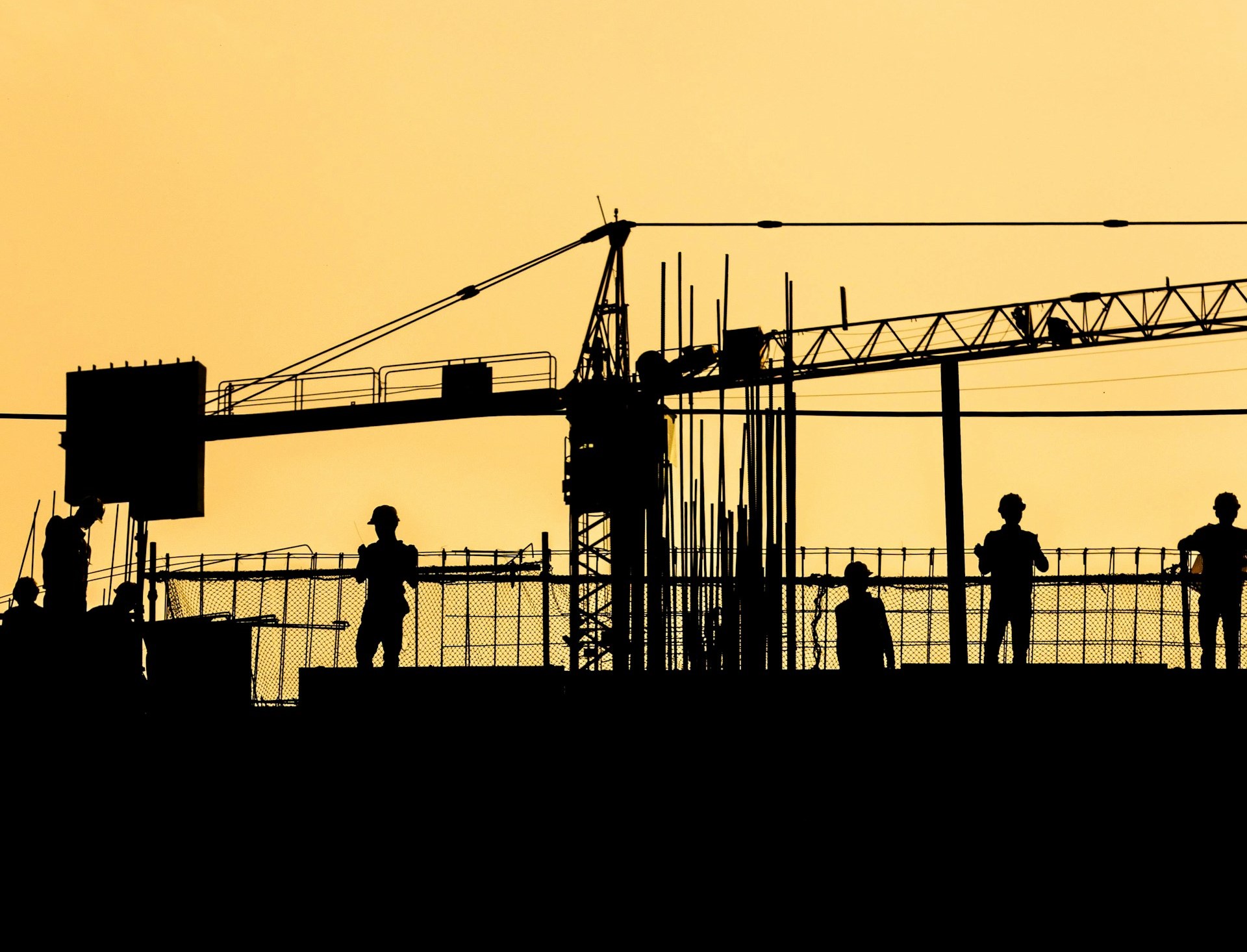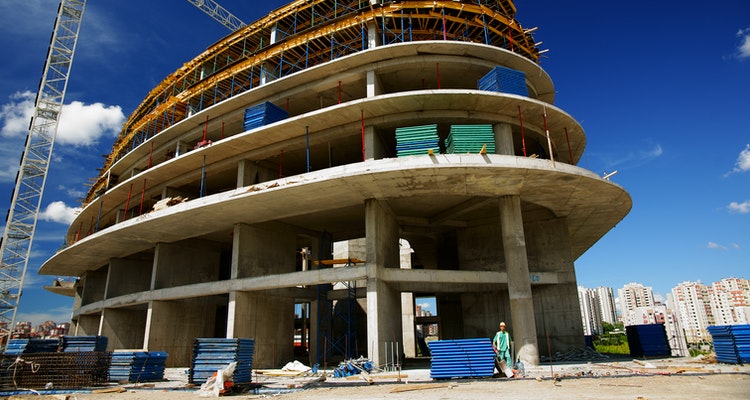The term “cost management” is used to describe the process of establishing and maintaining a realistic financial plan for a project. Successful project cost management guarantees that the project will be finished within the allotted budget and will achieve the desired outcomes.
To some extent, the success of a project may be gauged by how well it was able to control expenses, making cost management a crucial factor in determining the final result.
Why is construction cost management hard?
Since the success of a project is measured in part by how well it manages its finances, this factor is crucial in determining the final result.
At every stage of a project’s lifecycle, from initial planning and resource allocation to ongoing monitoring and analysis, cost management activities are carried out. More often than not, the budgeting process doesn’t factor in multiple real-time costs that may include changes to the initial plans, which can then overshoot when vendors put in their extra costs as well.
With so many vendors and parties involved in the process, it becomes hard to create an effective plan that truly encapsulates every single tiny aspect of the ecosystem. This makes estimating construction costs among the harder tasks.
Why do budget overshoots occur?
Inadequate preparation is the leading cause of additional effort and costs. You should always have your blueprints and drawings ready before beginning a project. Utilize workers to their fullest potential throughout this time frame.
It is crucial to have good communication in order to carry out and finish a project successfully. Clearly conveying your designs and plans of action to your workers is essential for avoiding delays and miscommunication on the job. Low output, problems with quality, misunderstandings, and delays are inevitable consequences of ineffective communication.
The construction industry is mostly document-based. Workers need to have access to and an understanding of all relevant construction documentation. Check if your workers have grasped your instructions. However, simply keeping hard copies of these records at each site may not be sufficient, as they may be misplaced in the hustle and bustle. The workforce of the future will rely on digital records, thus it’s imperative that you introduce this practise. The tools can be anything from a WhatsApp group to a Google Drive to a construction-specific smartphone app. A site supervisor that is proficient in digital tools and can effectively communicate with their employees is invaluable.
These are the primary reasons why budget overshoots occur. Finding the right assets that can help you keep these in check is highly crucial in this regard.
Why is there a need to manage costs?
The term “cost management” refers to the method through which a project’s finances are organised and managed. Setting up a system to monitor project costs will assist ensure that spending doesn’t go out of hand. There are four components to effective cost management, including
Spending strategy, including cost estimation, budgeting, and control
Effective cost management will aid in:
- Determining all project expenses, get approval for spending before making any purchases,
- Maintaining a consolidated ledger of project expenses and exercising tight financial management.
One of the main reasons why we have cost management is so that we can have a system for:
Initial funding for the project and its accompanying tracking system are derived from,
The objectives of this document are to (1) establish a framework for project cost reporting, (2) outline a strategy for handling project cost variation, and (3) furnish data for decision-making.
To conclude:
As challenging as it is to oversee a construction project when everything is running smoothly, imagine what it’s like when something goes wrong. Midway through a project, when prices are skyrocketing, it may be quite stressful.
If you often discover that final construction expenses exceed initial estimates, it may be time to rethink your approach to budgeting for such projects.
Collect the information you need, have a team meeting, and discuss the reasons behind the rising prices of building projects and how to better control them.
Do you require a more detailed timeframe for the building project? Does accounting for work in progress on building projects help? Ask yourself if there are any recurring expenses you continually neglect to budget for in your projects. Is it possible to reduce the frequency of occurrences that frequently lead to cost overruns on the job? Once you answer these questions, you’ll be able to effectively reduce overheads and waste, and manage costs better!




